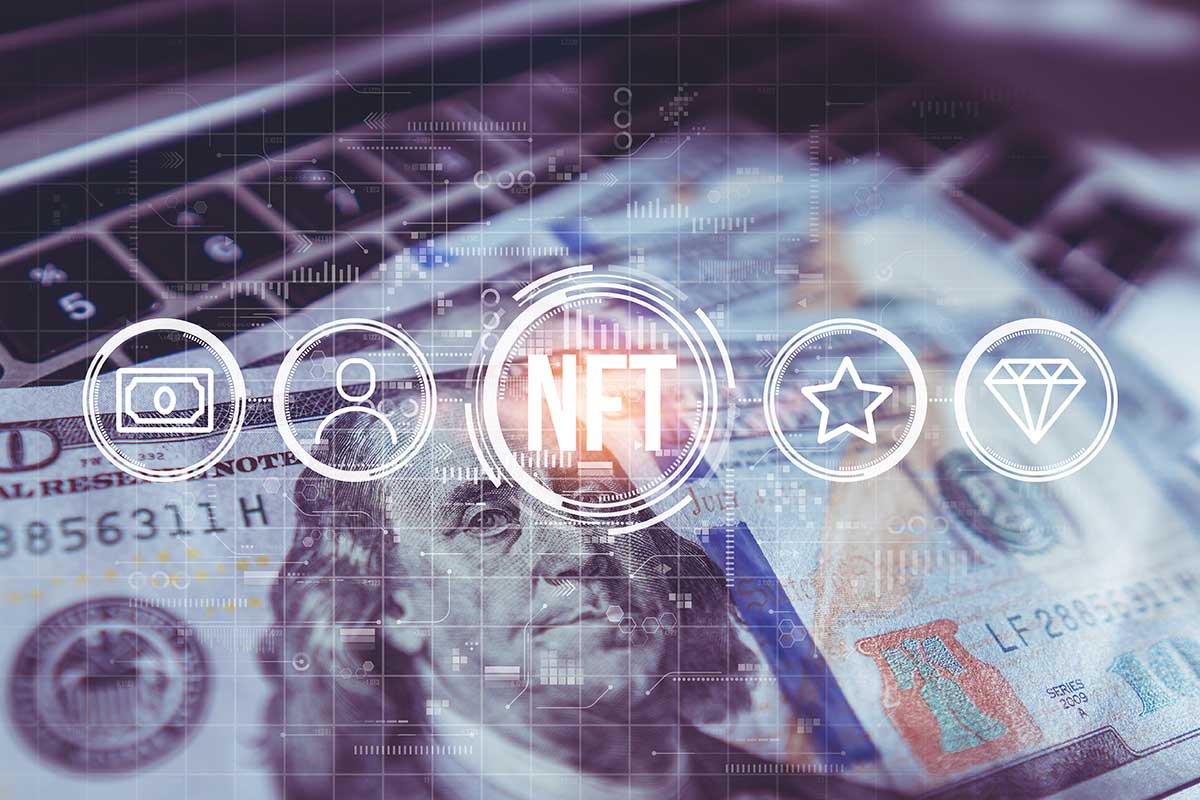Supply chain management (SCM) is a critical aspect of any business that is responsible for the efficient and effective flow of goods, services, and information from suppliers to customers. With the increasing complexity of global supply chains, companies are constantly looking for ways to improve transparency, efficiency, and accountability in their operations.
In recent years, blockchain technology has emerged as a potential solution to these challenges, promising to transform the way supply chains are managed. If you’re looking for a way to take your crypto trading to the next level, you’ll want to check out the 1G Profit System.
What is Blockchain Technology?
Blockchain is a decentralized, secure, and transparent digital ledger that records transactions across a network of computers. The information recorded on a blockchain development is distributed across all participants in the network, making it virtually impossible to alter or delete data. This makes blockchain an ideal technology for supply chain management, where transparency and security are crucial to the success of operations.
Benefits of Blockchain in Supply Chain Management:
- Increased Transparency
One of the primary benefits of using blockchain in supply chain management is increased transparency. With blockchain, all participants in the supply chain can access a single, shared view of the data, making it easier to track products and information as they move through the supply chain. This enhanced visibility and traceability can help companies identify inefficiencies and improve their operations.
- Improved Security
Another significant benefit of blockchain technology is improved security. Blockchain creates a tamper-proof record of all transactions, ensuring that data is secure and protected from manipulation or fraud. This makes blockchain an ideal technology for supply chain management, where data security is of the utmost importance.
- Enhanced Efficiency
In addition to increased transparency and security, blockchain can also help enhance efficiency in supply chain management. By automating many processes and reducing the need for intermediaries, blockchain can help streamline supply chain operations, saving time and reducing costs.
- Increased Collaboration
Finally, blockchain can help increase collaboration between participants in the supply chain. With a shared view of data and a secure platform for conducting transactions, blockchain can help build trust between supply chain partners and foster closer relationships.
The Impact of Blockchain Technology: Real-World Examples of Blockchain in Supply Chain Management
- Walmart and IBM’s Food Traceability Initiative
In 2016, Walmart partnered with IBM to launch a food traceability initiative using blockchain technology. The goal of the initiative was to improve the transparency and efficiency of the food supply chain, making it easier to trace the origin of food products in the event of a recall. Since the launch of the initiative, Walmart has reported a significant improvement in the speed and efficiency of food recalls.
- Maersk and IBM’s TradeLens Platform
In 2018, Maersk, the world’s largest shipping company, partnered with IBM to launch the TradeLens platform, a blockchain-based solution for digitizing global trade. The platform aims to increase transparency and efficiency in the shipping industry, helping companies to track the movement of goods in real-time and reduce costs. Since its launch, TradeLens has gained widespread adoption and is now used by over 100 organizations worldwide.
The impact of blockchain technology: Conclusion
In conclusion, blockchain technology has the potential to revolutionize supply chain management, providing increased transparency, security, efficiency, and collaboration to businesses operating in this critical area. With real-world examples such as Walmart and IBM’s food traceability initiative and Maersk and IBM’s TradeLens platform, the impact of blockchain on supply chain management is evident and continues to grow. As more companies adopt blockchain technology and its benefits become increasingly apparent, we will likely see a continued increase in its use in supply chain management.
However, it is important to note that blockchain is not a cure-all for all the challenges facing supply chain management. It is merely a tool that can help companies improve their operations, but it will not solve all problems on its own. Companies must carefully consider the specific challenges they face and determine whether blockchain is the right solution for their needs.




















